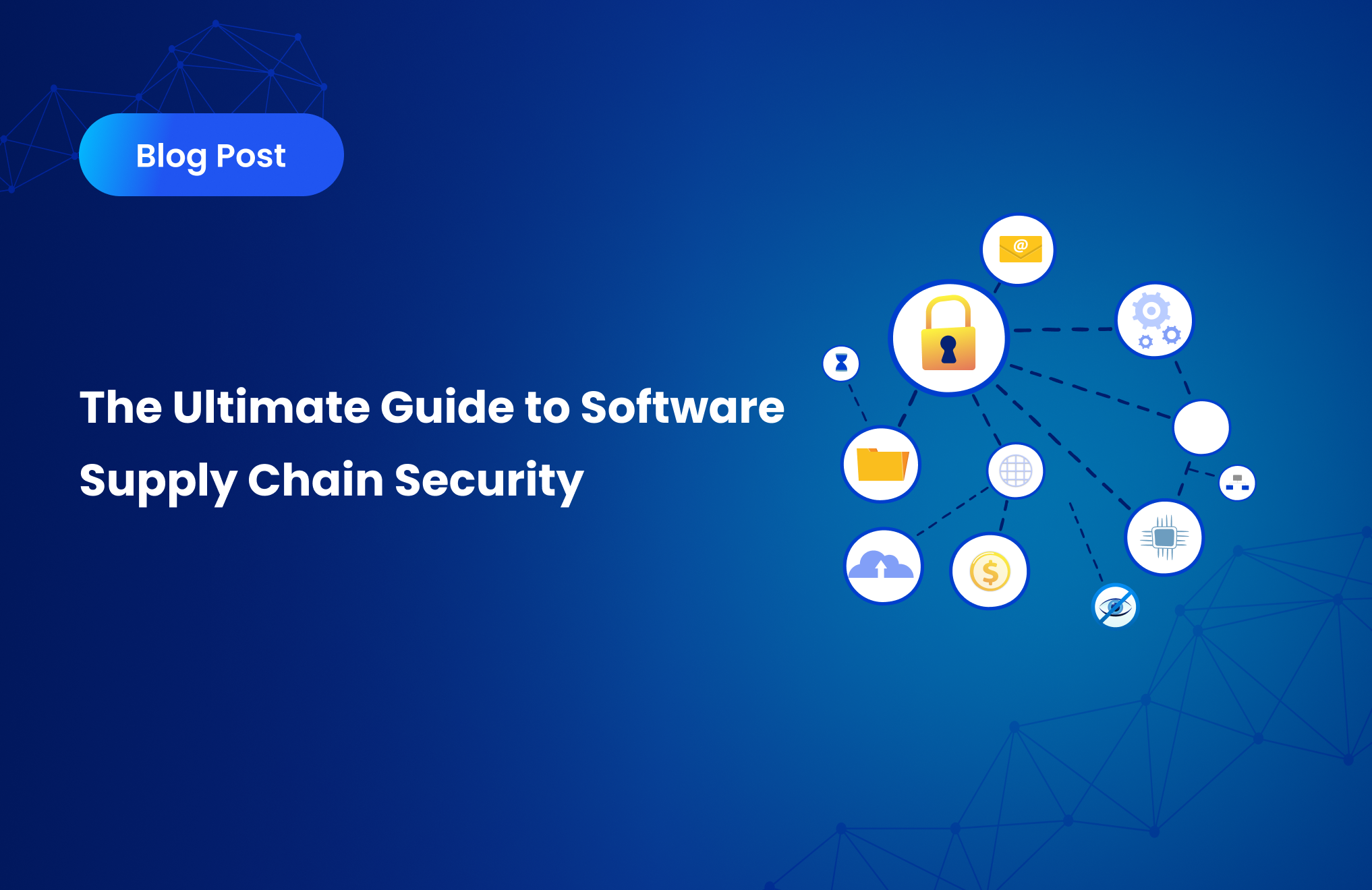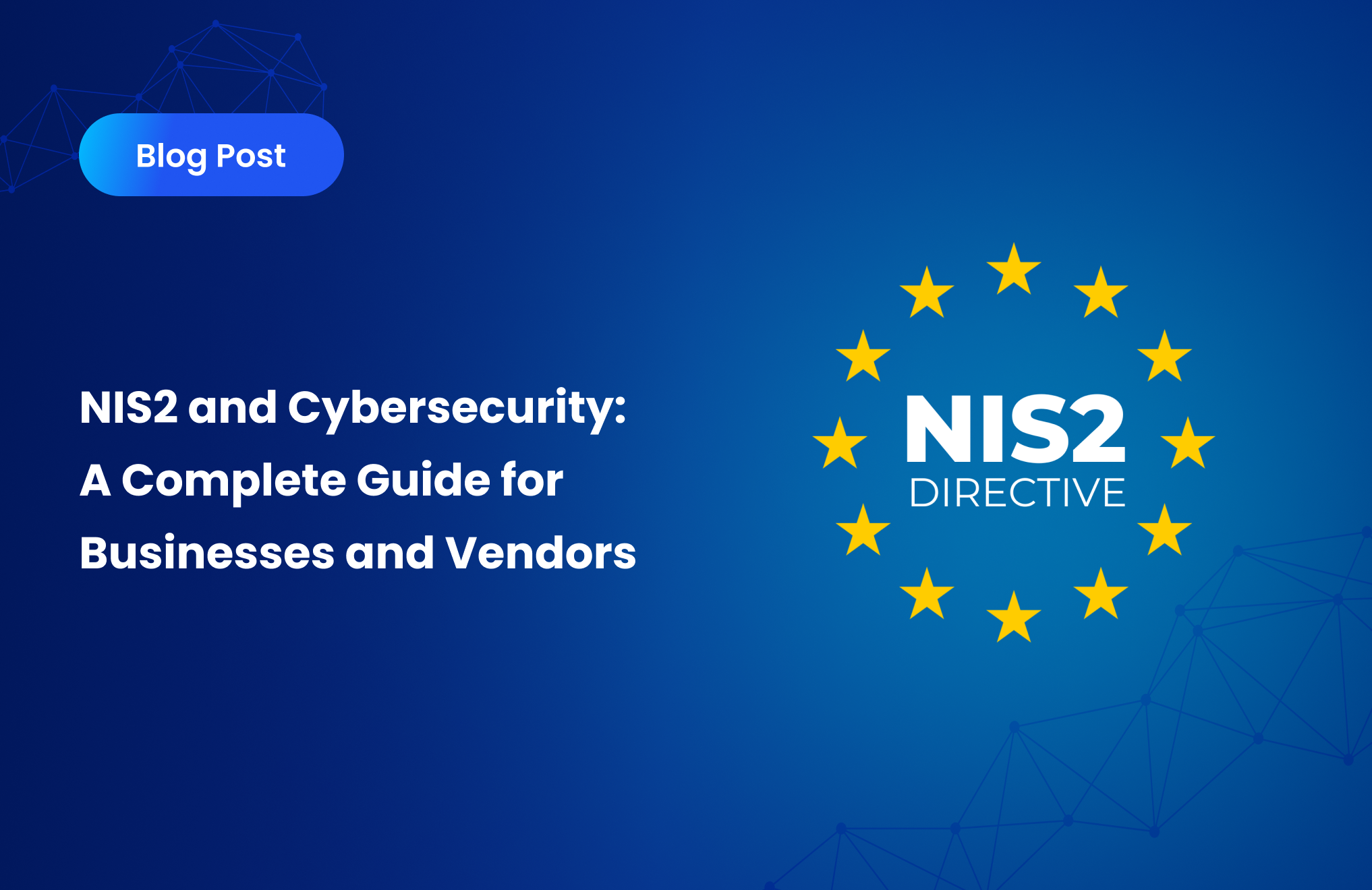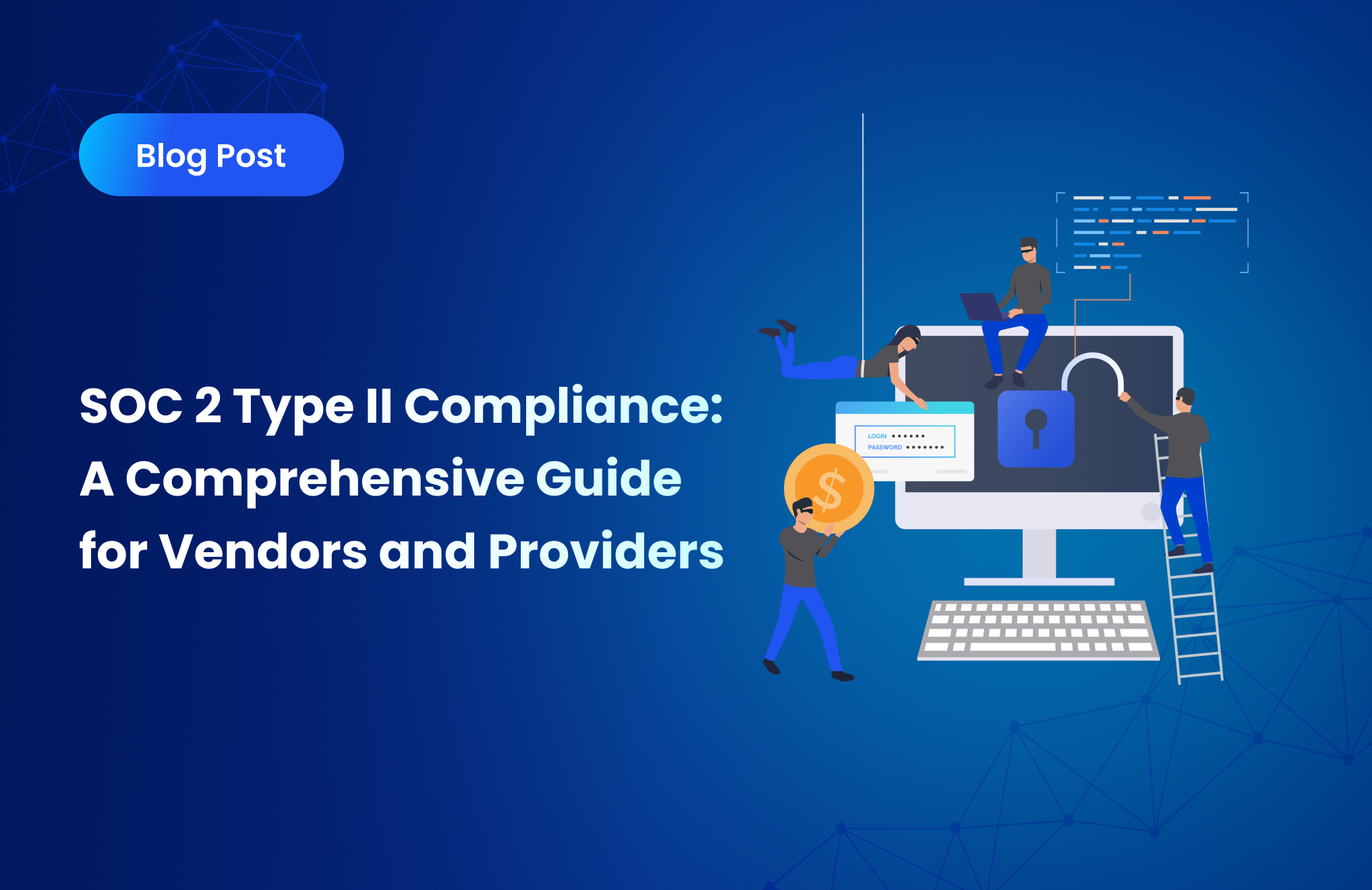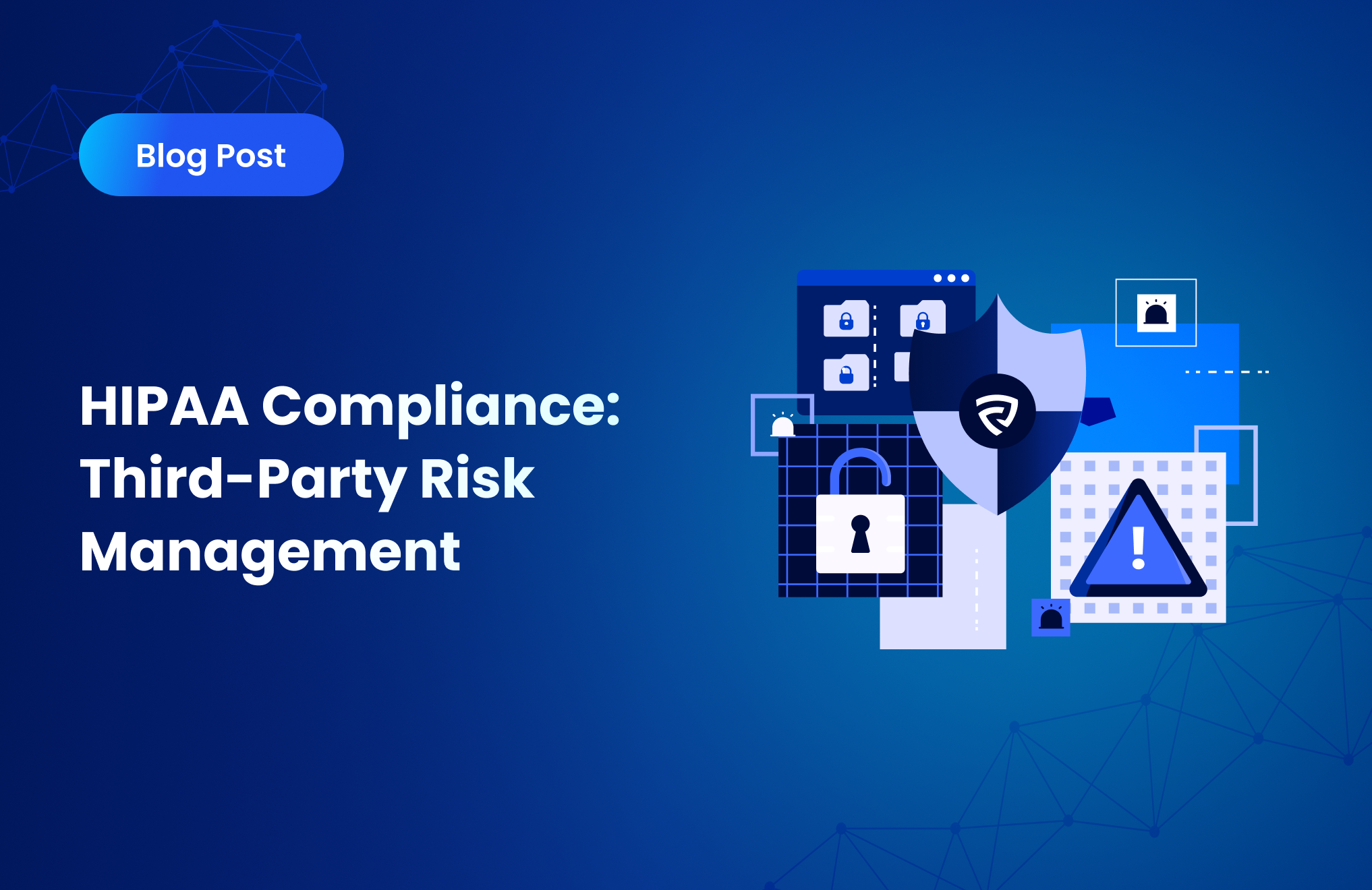ISO 27001 Certification: A Complete Guide for Companies and Its Role in Information Security Management

ISO 27001 Certification: A Complete Guide for Companies and Its Role in Information Security Management
In today’s digital transformation era, companies manage increasingly large volumes of sensitive data, confidential information, and digitized processes. As a result, information security is no longer just a technical requirement but a true strategic pillar for competitiveness and market credibility.
This is where the ISO 27001 certification comes into play. Recognized worldwide, ISO 27001 sets the international standard for establishing, implementing, maintaining, and continuously improving an Information Security Management System (ISMS). Obtaining this certification is not just about meeting technical requirements—it means adopting a systemic, structured approach to cybersecurity, compliance, and risk management.
ISO 27001 is closely linked to key business priorities such as:
- reducing cybersecurity risk,
- building an integrated vendor risk management plan,
- adopting an effective third-party risk management framework,
- ensuring secure and compliant vendor onboarding,
- guaranteeing regulatory compliance,
- implementing continuous monitoring to maintain resilience over time.
This guide explains in detail what ISO 27001 certification is, the benefits it delivers to organizations, and the requirements needed to achieve it.
What Is ISO 27001 Certification?
ISO 27001 is an international standard developed by the International Organization for Standardization (ISO) and the International Electrotechnical Commission (IEC). First published in 2005 and revised in 2013 and 2022, the standard outlines the requirements for creating, implementing, and improving an Information Security Management System (ISMS).
The framework is built on three key principles:
- Confidentiality – information must be accessible only to authorized individuals.
- Integrity – data must remain accurate, complete, and protected from unauthorized changes.
- Availability – information must be accessible whenever needed.
ISO 27001 applies to organizations of any size or sector—from tech startups to multinational enterprises, from public institutions to financial services providers.
Why ISO 27001 Is Crucial for Modern Businesses
1. Competitive advantage and reputation
Certification provides a strong message to clients, partners, and stakeholders: the organization prioritizes data protection and integrates security into its business processes.
2. Regulatory compliance and reduced legal risks
Frameworks such as GDPR, NIS2, DORA, and sector-specific supervisory guidelines (banking, insurance, healthcare) demand structured cybersecurity measures. ISO 27001 helps ensure compliance, minimizing the risk of fines, sanctions, and legal disputes.
3. Streamlined internal processes
Implementing an ISMS improves governance, reduces inefficiencies, and creates better alignment across departments—boosting productivity and operational efficiency.
4. Stronger Vendor Risk Management
Security doesn’t stop at internal systems. Risks increasingly originate from the supply chain and external partners. ISO 27001 strengthens the vendor risk management plan, establishes secure vendor onboarding processes, and provides alignment with a third-party risk management framework designed for global business ecosystems.
ISO 27001 and Cybersecurity Risk
One of ISO 27001’s central goals is structured management of cybersecurity risks. Threats such as ransomware, phishing, insider sabotage, and large-scale data breaches can cause severe financial and reputational damage.
The standard requires organizations to adopt a systematic approach to risk assessment and treatment, including:
- identifying vulnerabilities and threats,
- classifying risks by probability and impact,
- planning mitigation measures,
- conducting continuous monitoring of evolving cyber threats.
Continuous Monitoring and Ongoing Improvement
ISO 27001 emphasizes dynamic processes instead of static controls. Organizations must implement a continuous monitoring model to measure, review, and enhance security performance.
This ensures the ISMS remains aligned with evolving threats, new technologies, and regulatory updates—providing resilience and long-term business sustainability.
Key Requirements for ISO 27001 Certification
To obtain certification, an organization must demonstrate compliance with ISO 27001 requirements, including:
- Defining organizational context: identifying internal and external factors that influence security.
- Leadership and governance: management must set clear responsibilities, foster security awareness, and allocate resources.
- Risk assessment: systematically evaluating information security risks.
- Risk treatment plan: developing structured programs to mitigate identified risks.
- Documentation: maintaining policies, processes, and procedures.
- Performance evaluation: measuring the ISMS’s effectiveness.
- Internal and external audits: ensuring ongoing compliance.
- Continuous improvement: updating and optimizing the ISMS over time.
Information Classification Levels
ISO 27001 also provides a method to classify information by sensitivity and business impact:
- Level 1: public or low-sensitivity documents, with negligible consequences in case of violation.
- Level 2: internal records (such as payroll or accounting data) with potential financial and operational damage.
- Level 3: highly sensitive, confidential information whose compromise could cause severe financial loss or reputational damage.
This classification ensures organizations apply proportional controls based on the criticality of their data.
Tangible Benefits of ISO 27001 Certification
ISO 27001 delivers a broad range of concrete advantages, including:
- Lower costs from reduced security incidents,
- More favorable insurance premiums,
- Reduced liability risks,
- Greater trust from clients and stakeholders,
- Secure vendor onboarding practices,
- Alignment with third-party risk management frameworks,
- Enhanced overall vendor risk management plan.
ISO 27001 as a Foundation for Vendor Risk Management
Modern risk exposure extends beyond corporate boundaries. Vendors, third-party providers, and technology partners represent potential vulnerabilities.
ISO 27001 provides a robust foundation for a vendor risk management plan, ensuring:
- security controls for evaluating suppliers during vendor onboarding,
- structured continuous monitoring of third-party performance,
- integration with a third-party risk management framework to strengthen supply chain resilience.
Conclusion
The ISO 27001 certification is more than a technical requirement—it is a strategic enabler that allows businesses to reduce cybersecurity risks, guarantee compliance, strengthen vendor risk management, and demonstrate trustworthiness to the market.
In a world where data protection is a competitive asset, ISO 27001 enables organizations to safeguard their present operations while building a secure and resilient future.
Interested in learning how ISO 27001 can strengthen your vendor risk management plan or align your company with a global third-party risk management framework? Contact our team: we’ll guide you step by step in designing an ISMS that combines security, compliance, and business growth.



.svg)
.svg)
.svg)
.svg)



.svg)
.svg)
.svg)
.svg)
.svg)
.svg)
.svg)
.svg)



